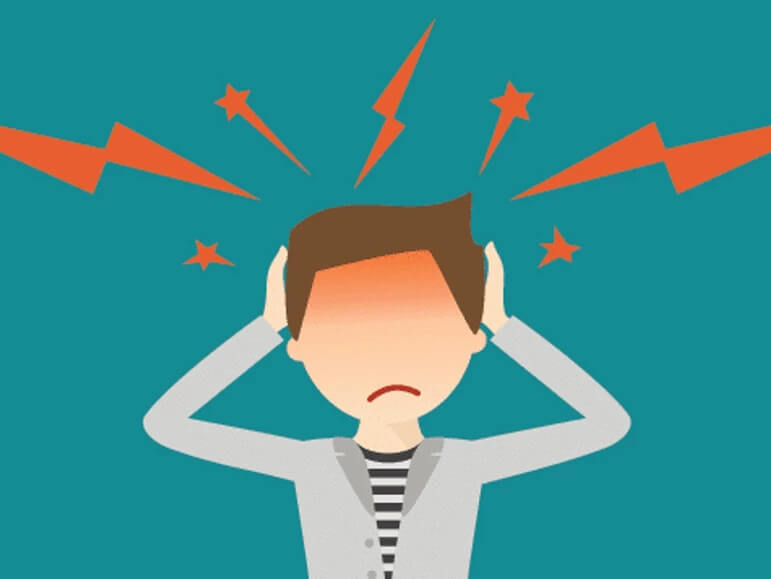Anger is one of the trickiest emotions we experience. There is nothing that pulls stronger for action than that chest-tightening, face reddening, jaw clenching feeling of anger. So what gives? How come it tends to get the best of us? And – is there way out? Our brains are built upon layers – to grossly simplify really complex neurobiology we have our reptilian brain at the bottom, our emotional systems in the middle, and our higher order thinking, reasoning, planning cortex that sits folded in on itself atop. Deep in between the first and second layer is a part called the Amygdala. When activated by a triggering event – we enter fight, flight, or freeze. This corresponds to an immediate release of certain stress hormones called glucocorticoids from the adrenal glands atop our kidneys. All the while our frontal lobes (on the outermost layer, right behind your forehead) is trying to calm everything down “ok, ok, relax, maybe they didn’t mean to cut you off, just breathe.” Utilizing and bringing on board this part of the brain is part of the way out. The other, lies in working throughWorking Through is the process of processing and integrating unresolved emotions and conflicts over ... what triggered the anger in the first place, and often this takes a bit of exploration.
You may have noticed what gets you angry isn’t necessarily what gets your friend, spouse, or neighbor angry? That’s right, it’s because we have conditioned responses to things that often have deeper roots. We first must unearth, understand, and process these in order to have a chance at making things more conscious and workable. Anger is called a “Secondary Emotion” for a reason, this is because two things are always under it – Pain and Fear. These are always par for the course in the working through process. It’s usually these deeper feelings that need attending to in order to get anger into a place where it can be better managed.
If you think about it, on some level, we all have “anger issues” because learning what to do with anger is connected to our early socialization process within our families. Infants, children – their whole job is to figure out how to stay connected to their caregivers and if our anger seems to sever that connection, we do something with it in order to stay connected to those we depend on. We hide it, fear it, or in the most frightening situations over-do it to gain control (fighting fire with fire). During our upbringing our caregivers may withdraw love, punish, or react with their own dysregulated anger to ours. In the matrix of all of this, we learn something about our anger and its role in our relationships. When our reactions are hysterical (out of proportion) they tend to be historical. If you learned that anger was a “bad feeling” it’s time to reclaim it and integrate it into your whole being in a healthy, balanced way. Anger isn’t bad, it’s what fuels our justice system, it’s at the heart of every comeback, and a necessary part of our motivational systems and resilienceResilience is the ability to adapt and recover from adversity and trauma. Building resilience is ess.... Haven’t you noticed any celebrated sports athlete often looks “angry” when hitting that big home run or dropping a slam dunk for the winning game point (think Michael Jordan Documentary, The Last Dance)? It works when it is channeled and still within our grips. Reclaiming anger also means reclaiming a lost part of ourselves necessary to live a full life.
Through the use of insight-oriented psychotherapy and mindfulness skillsMindfulness Skills in DBT involve being present in the moment and observing thoughts and feelings wi... (remember, the frontal lobe) anger can reclaim its rightful, channeled, and balanced place in your life. All of our clinicians here are skilled at helping people overcome difficulty with anger and attending to this emotion in a new way. These issues, left unattended to, can wreak havoc personally and professionally. Give us a call, we would love to help you navigate this particular challenge in your life. It’s so do-able and easily overcome with the right psychologist – we look forward to working with you and helping you beat this self-destructive pattern!
Keil Psych Group
714-334-5497





